From the internet cafes of the 90s to the modern cyber game centers in 2025, the act of gaming, whether in a cafe or at home, can lead to significant negative impacts on physical health, mental well-being, and social interaction.
Recently, a 15-year-old boy in Hoa Binh was reported to have played video games continuously for an extended period, leading to severe health issues such as seizures and fainting spells, which resulted in an emergency hospital visit. Medical examinations revealed that he was in critical condition due to severe dehydration and electrolyte imbalance.
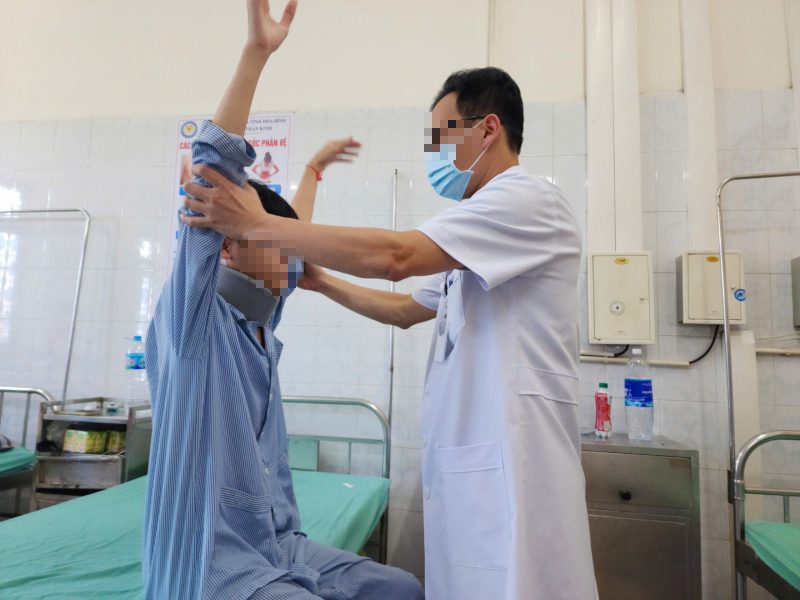
According to the family, the gamer typically played on his phone. Before being admitted to the hospital, he had been gaming continuously for quite some time. During this period, he experienced numerous severe symptoms such as seizures and fainting, which were reported by family members to be worsening. Medical professionals identified these as the primary reasons that led to his critical condition due to severe dehydration and electrolyte imbalance.
Most recently, a 25-year-old man suffered from a stroke after a long period of excessive gaming on his phone. His condition was critical to the point where he could not gain consciousness. Video footage shows his physical state deteriorating significantly, as his body was severely dehydrated after prolonged gaming sessions. Notably, the patient had been suffering from severe headaches for six months before seeking medical attention.
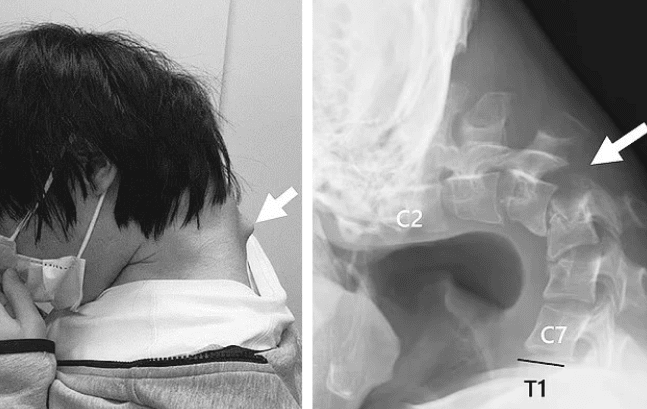
Experts believe that these conditions can be attributed to the combination of prolonged gaming sessions and a sedentary lifestyle, leading to a severe decline in physical health. There is an urgent need for increased awareness regarding the harmful effects of excessive gaming, especially among youth.
Previously, the clinical manifestations of a gamer who had been gaming continuously for 20 years have drawn significant attention. According to studies analyzing the lifestyle habits of gaming addicts, scientists have reported a direct correlation between excessive gaming and a decline in overall health.
“One may experience blurred vision due to prolonged screen time, along with wrist pain and a lack of activity. It’s crucial to address the physical health aspects while gaming, as neglecting these can lead to serious consequences,” experts warn.
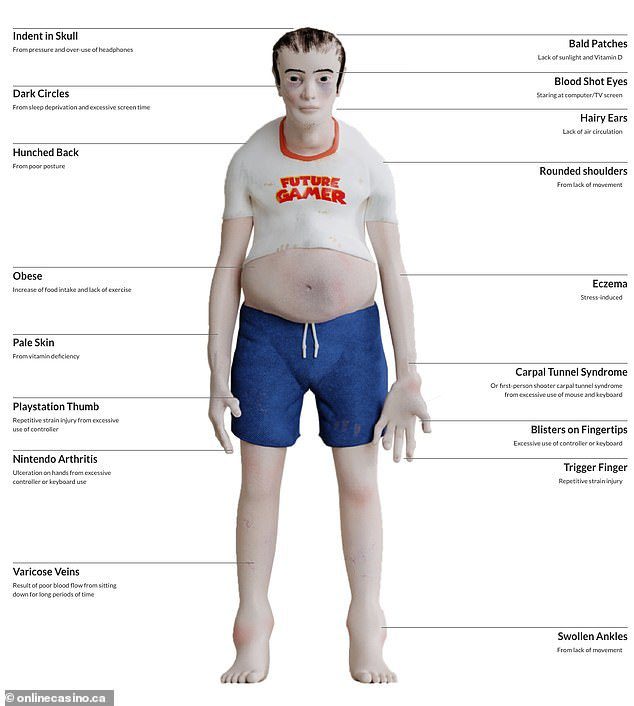

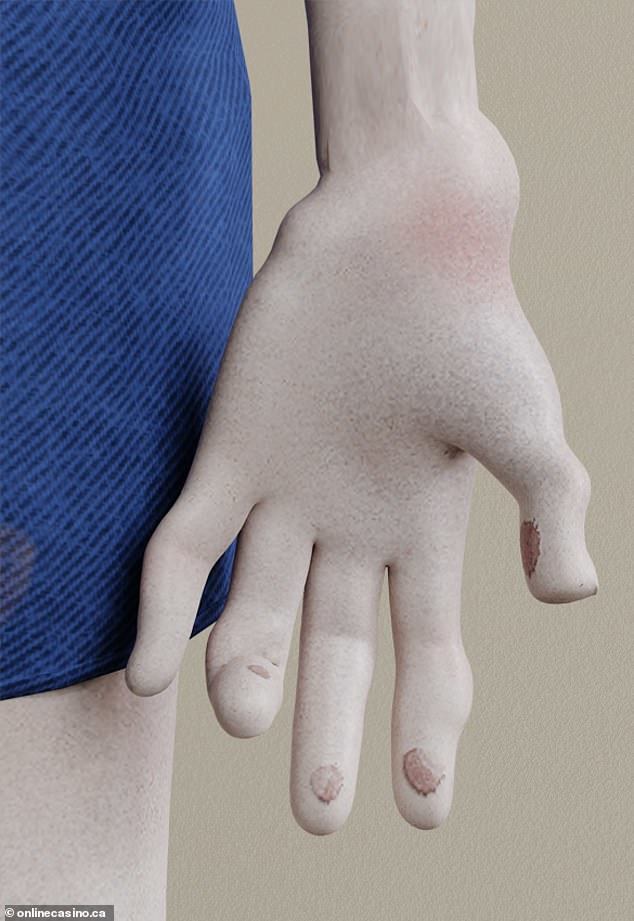

Moreover, according to a study from ScienceDirect (2024), playing video games for more than three hours per session is associated with a higher risk of headaches, wrist pain, and carpal tunnel syndrome, with a likelihood 2.19 times greater compared to those who game less frequently. Many gamers tend to misuse their devices, leading to conditions such as “gamer’s thumb” or carpal tunnel syndrome from extensive use of a mouse and keyboard.
On the matter of eye health: According to Harvard Health (2020), digital eye strain is one of the most common side effects of gaming, causing headaches, reduced concentration, and an increased risk of developing eye conditions. A study conducted by Healthy Gamer (2020) highlighted that prolonged screen time makes it difficult to focus on other tasks after gaming.

Obesity and malnutrition: Prolonged sitting and unhealthy eating habits increase the risk of obesity. A study in the Journal of Clinical Nutrition revealed that gaming can lead to increased food intake, regardless of satiety, due to stimulation of the reward center in the brain.
Sleep disturbances: According to CreditDonkey (2020), gaming before bedtime can disrupt the quality of sleep, causing gamers to feel lethargic, irritable, and reducing their ability to concentrate the next day, even after getting a full eight hours of sleep.
Other issues: Research from NCBI (2005) has noted rare but serious conditions such as wrist pain, elbow pain, tendonitis, and even seizures due to prolonged gaming. Although these cases are rare and often resolve with reduced gaming time, they serve as a cautionary tale for gamers who spend long hours gaming in internet cafes.
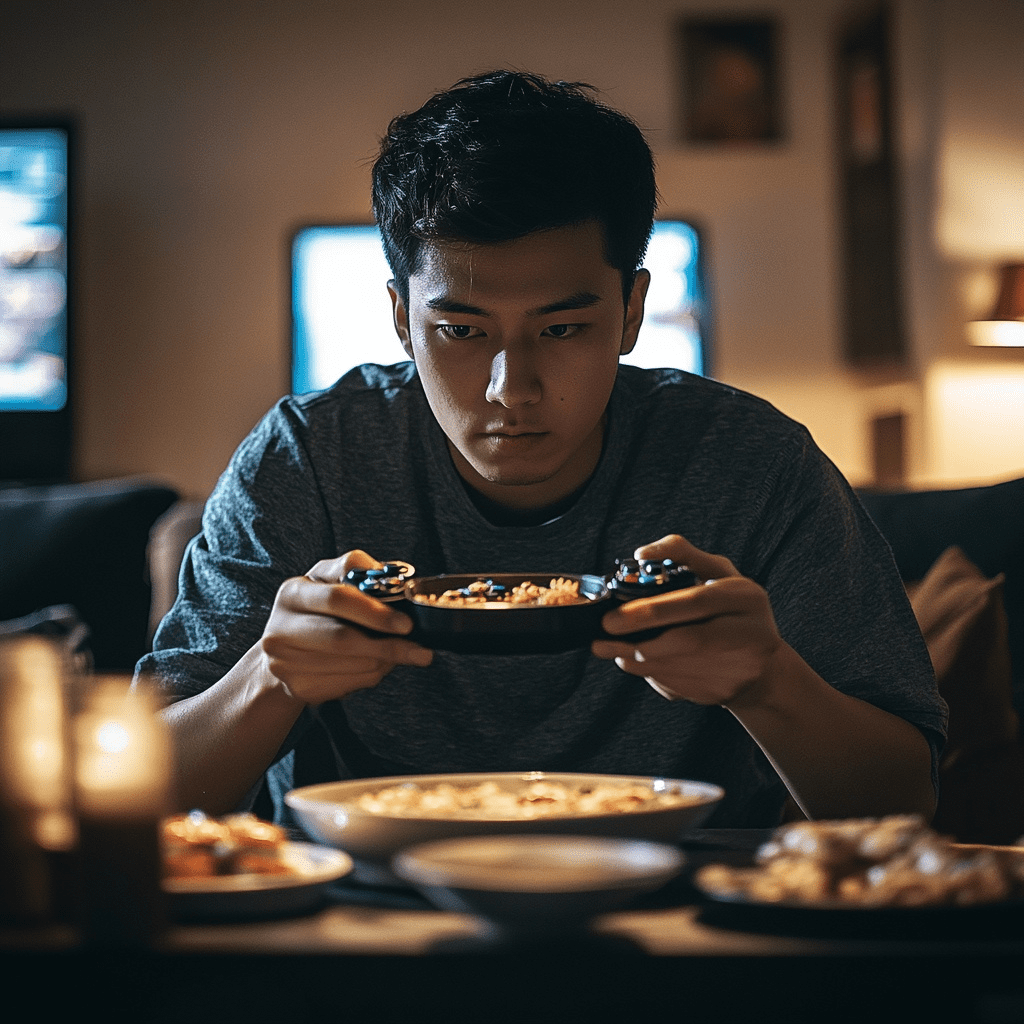
To mitigate these risks, studies recommend: Limiting gaming time, Playing in an ergonomic setup, Maintaining a balanced diet, Parental supervision and mental health support, Engaging in social activities to counteract isolation and increase physical activity…
(Summary)





















